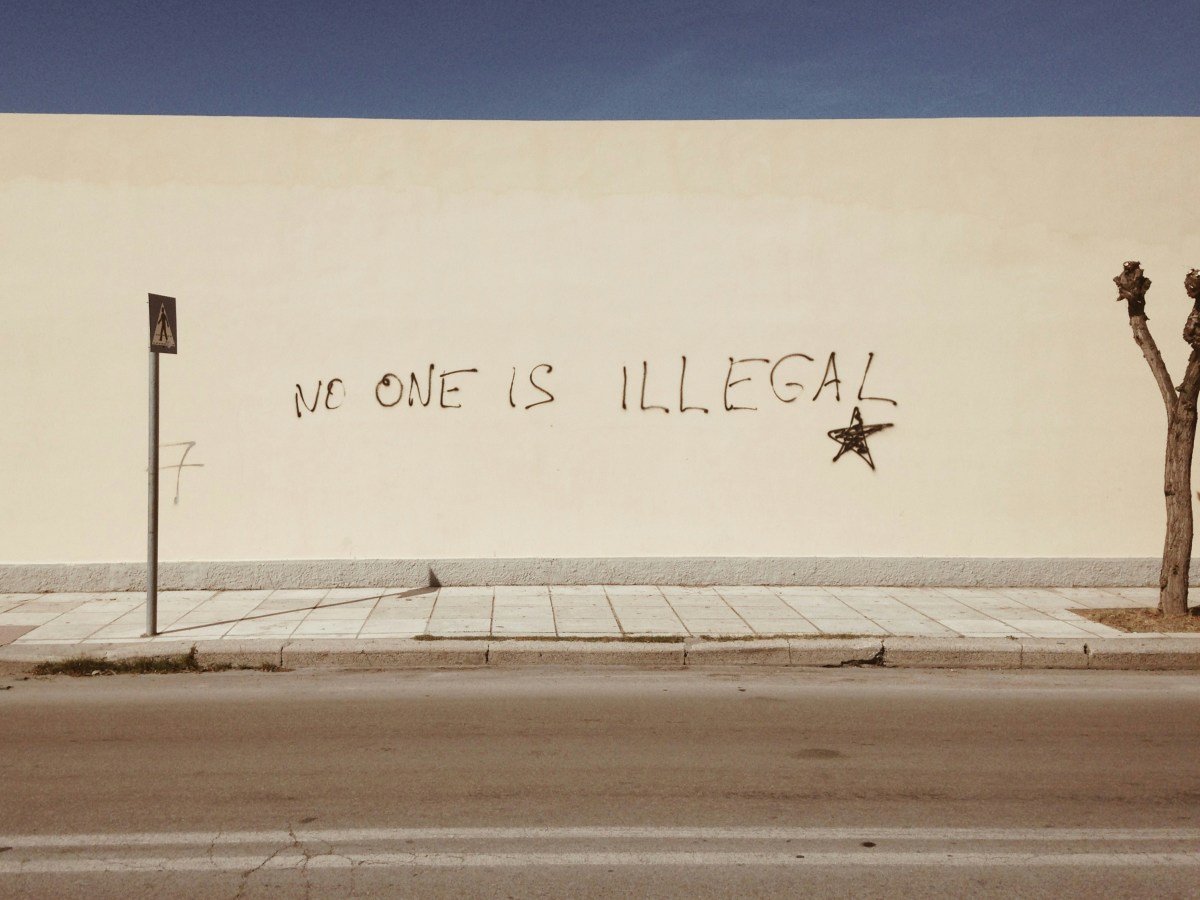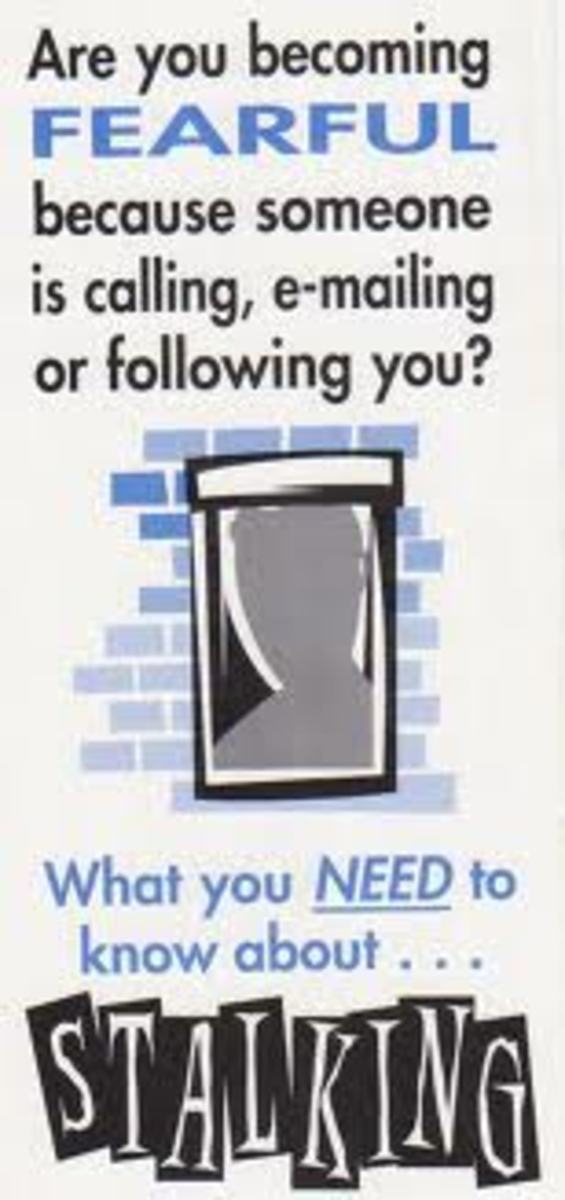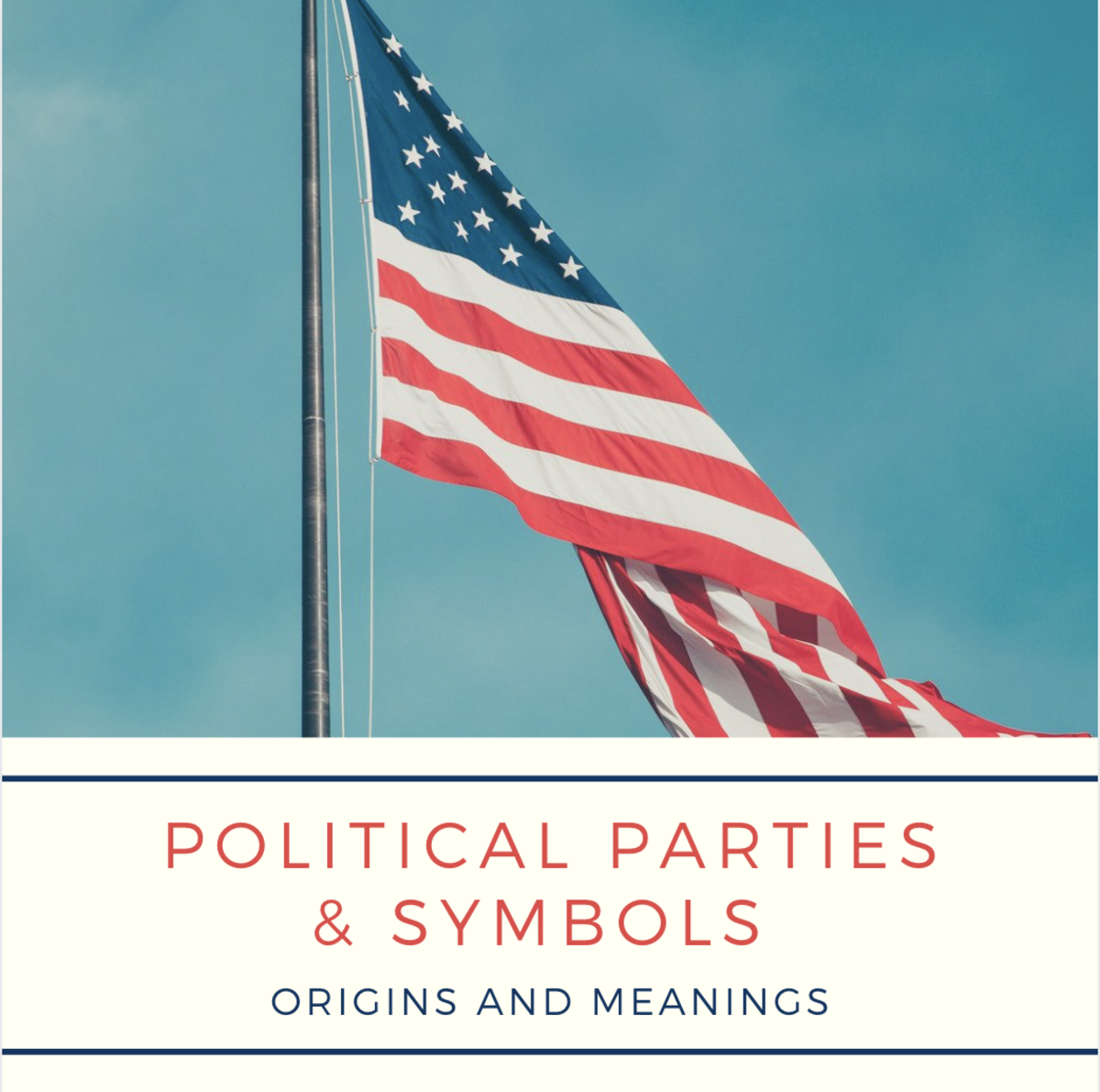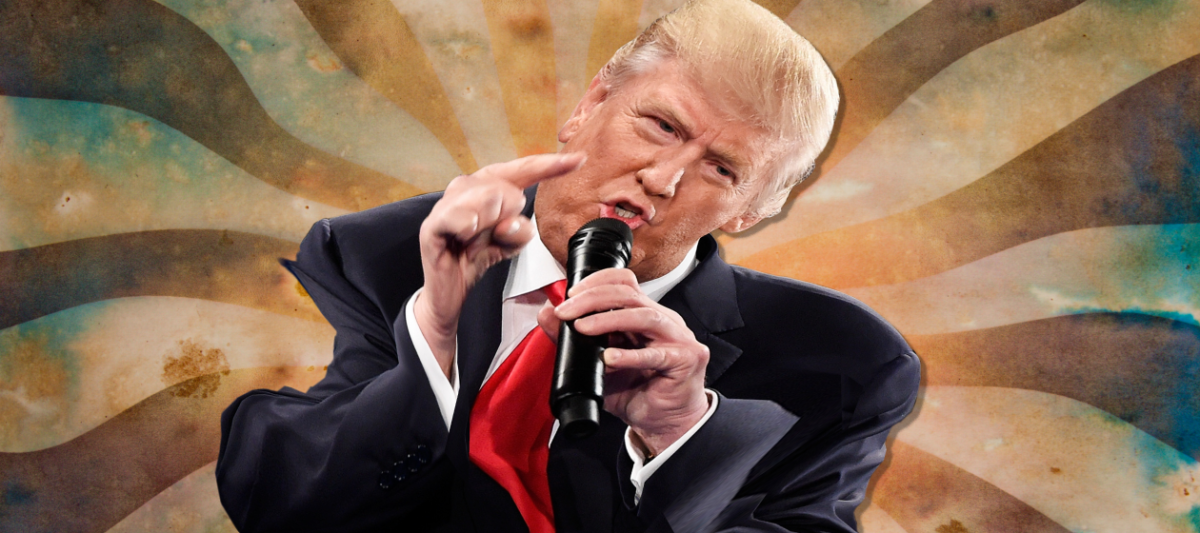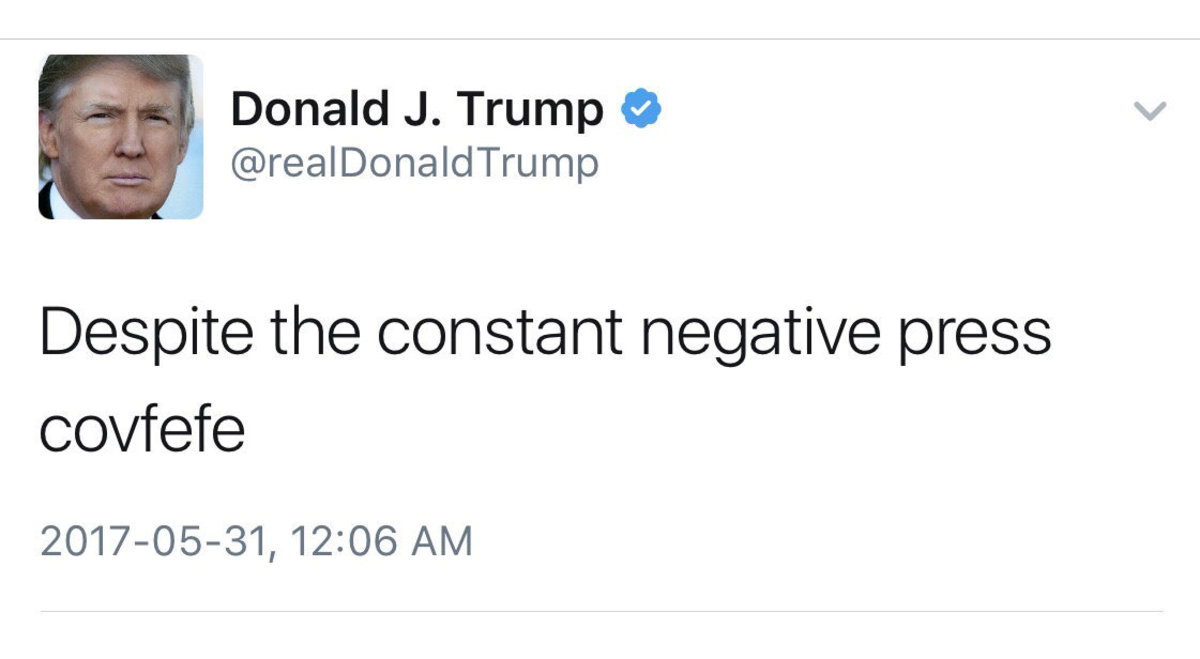What is The First Amendment?
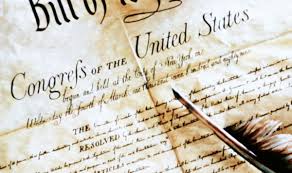
Is Freedom of Speech Absolute?
Is any speech "Free Speech"? The answer may confuse many people due to the misleading and hateful rhetoric by others, however as confusing as it may be it is quite simple if you go back into its roots. In the end Free speech in America is an absolute, it is our right that most countries do not have. People constantly argue that places like Canada, Australia, and the U.K. all have free speech but the do not have an unalienable right to free speech like we do in the U.S. Their laws are not concrete and are subjected to change. They do not have freedom of speech as an amendment and if you look around you can see several instances where people have been jailed for having different opinions, calling out religions, or calling out the government.
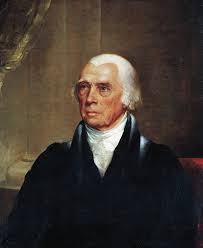
The Reality of The Bill of Rights
Recently in our day and age the Founding Fathers have come up in many conversations. How they were to interpret the Bill of Rights is one of the most common. Let's touch on what has been the most predominant in our society at the moment, the First Amendment “Congress shall make no law respecting an establishment of religion, or prohibiting the free exercise thereof; or abridging(shortened; curtail) the freedom of speech, or of the press; the right of the people peacefully to assemble, and to petition the Government for a redress of grievance”. For those of you that do not know, James Madison is considered to be the “Founder of the bill of rights” he proposed 12 amendments which later became the Bill of Rights (first 10 amendments). James Madison was founder of the Democratic-Republican party, whose party opposed that of the Federalist Party founded by Alexander Hamilton (George Washington's administrations Secretary of Treasury and Chief Architect). The Democratic-Republican party believed the Constitution was a strict document that limited the power of the federal government. They believed the government could not add powers to better fit their agenda! They also believed in state's rights and individual rights.
Freedom of speech is an “individual” right you can say whatever you want; you have the power to use your words and not be cut off by our government or by any others. That's what the founder of the Bill of Rights and his party would have been thinking. In their day people would have considered their speech “hate speech” as they declared independence from England, hence why this was so prudent to put as the First Amendment . They put in Freedom of Speech as a god given right to not be walking on eggshells, unlike the country they declared independence from. People often get confused on what freedom of speech and hate speech are due to the whole up-rise of opinionated news. Most news you watch is opinionated and unfortunately for you it is your job to see around the opinion of whatever channel is reporting, see the story and create your own opinion on it. They can say whatever they want, but you also have the right to not listen to them. You do not have the right to ban them, you have no right to silence them, but you have the right to not listen and to debate and disagree. It is absolutely asinine to silence others for the pure reason of you either not understanding what they are saying, or that you just disagree with their statements.
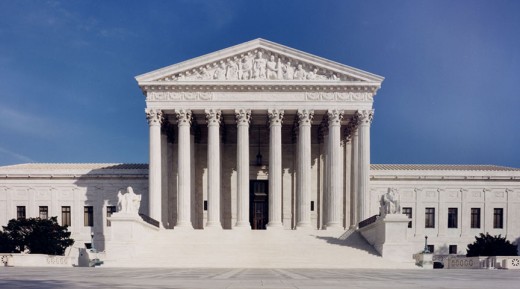
Court Rulings Vs. Opinion.
Now a lot of the times when we get into the Bill of Rights there are many opinions. There have been many opinions on freedom of speech and the rest of the First Amendment as well. Although people look at these court hearings as pure fact and law, it is important to note a couple key differences certain court cases have had over the years. Also it is important to note how many people voted for it, in some cases it is as close as 4-5, to me that is worth revisiting at a later date. Keep in mind some of the years that these rulings have been decided were in times of war and others have not and they have had different Justices. Everyone has a different opinion no matter how un-opinionated they say they are. For instance Texas Vs. Johnson (1989) compared to The United States Vs. O'Brien (1968). In 1968 a man by the name of David O'Brien burned his Vietnam draft card in a Boston Court house, He said he was expressing his opposition to war and was protected by the First amendment. In a 7-1 Ruling they said no, for reasons that are understandable, seeing that he was doing it to influence others into adopting his anti-war beliefs. However in 1989 Gregory Lee Johnson burned a flag in protest of the Reagan administration, he was tried and convicted for a year in jail and a $2,000. When it was revisit however the court decided 5-4 that he was indeed using protected expression provided by the First amendment.
Now could the difference be the situations that were happening in the United States were different? I believe the two are quite similar and I urge you to read more about both cases and construct your own opinion on the two. It is interesting to me how the two are separate and one would think the 1968 ruling would have been the same as the 1989 ruling, but with changing times and changing eras you never know. My point is, there are always going to be different interpretations and different rulings of each Amendment in the Constitution, there is generally one answer but we also vote who will uphold the Constitution to its true word and make the best decision case by case. I personally believe even the court rulings are open to be questioned and revisited at all times. Only the real James Madison would be the one to truly interpret the Bill of Rights to its word. So we must work with what we got and always be skeptical we are the people of the United States of America, we elect people to represent us, so lets stop making bad decisions.
© 2019 Jay Blackwin

